1. Major Functionality
1.1. Order Fulfillment
1.1.1. Processing, Scheduling, Approving
1.1.2. Hold, Mass Changes, and Cancellation
1.1.3. Credit Check
1.1.4. Return Material Authorization (RMA)
1.1.5. Sales Agreements
1.2. Logistics
1.2.1. Pick, Pack, Ship
1.2.2. Delivery, Trip, Stops
1.2.3. COGS
1.2.4. Carriers, Service Levels, and Transit Times
1.2.5. Shipping Documents
1.2.6. Freight Terms
1.3. Inventory
1.3.1. Move Orders
1.3.2. Inentory COGS
1.3.3. Reservations, Staging
1.3.4. Item Availability
1.3.5. Intercompany Flows
1.4. Advanced Pricing
1.4.1. Price lists
1.4.2. Price Agreements
1.4.3. Discounts/Modifiers
1.4.4. Freight and Special Charges
1.4.5. Custom Pricing Attributes
1.4.6. Promotions
1.5. Accounts Receivables
1.5.1. Customer Setup
1.5.1.1. Customer Profiles
1.5.1.2. Customer Interface/API
1.5.1.3. Party Relationship
1.5.2. Transactions, Adjustments, Memos
1.5.2.1. AutoAccounting
1.5.2.2. AutoInvoice
1.5.3. Cash Receipts
1.5.3.1. Application Rules
1.5.3.2. LockBox
1.5.3.3. ChargeBacks
1.5.4. Revenue Recognition
1.5.4.1. Terms
1.5.4.2. Accounting Rules
1.6. Cash Management
1.6.1. Bank Statements
1.6.1.1. Reconcile
1.6.2. Miscellaneous Transactions
1.6.3. Cash Flow Forecasting
2. Technical Niche
2.1. Trading Community Architecture (TCA)
2.2. OM/COGS Workflows
2.3. Available to Promise (ATP)
2.4. AR AutoInvoice
2.5. OM interface
2.6. Ship Confirm API
3. Minor Functionality
3.1. Configurator
3.2. Release Managemnt
3.3. Warehouse Management System (WMS)
3.4. Advanced Intercompany Accounting (AGIS)
3.5. Advanced Collections
3.6. iReceivables
3.7. Oracle Transportation Management (OTM)
3.8. Oracle Process Manufacturing (OPM)
3.9. ebTAX
3.10. Endeca Extensions
4. Adjacent Areas
4.1. General Ledger
4.1.1. Ledger Sets
4.2. Credit Management
4.3. Purchasing
4.3.1. Dropship
4.3.2. Back-to-Back
4.3.3. Internal Requisition/Sales Order
4.4. Bills of Materials
4.4.1. PTO kitting
4.5. Discrete Mfg (WIP)
4.5.1. Assemble to Order (ATO)
4.6. iStore
4.6.1. B2B e-commerce
4.7. Quoting
4.8. TeleSupport
4.8.1. Service request
4.8.2. Quick Sales Order
4.9. Install Base
4.10. Payments/iPayment
4.10.1. Paymentech
4.11. Payables
4.11.1. AR/AP netting
4.12. XML gateway/EDI Gateway
5. R12 distinctive advantages
5.1. Cascading Changes from Header to Lines
5.2. Revenue Contingency
5.2.1. Customer Acceptance
5.3. MOAC
5.3.1. MO: Security Profile

